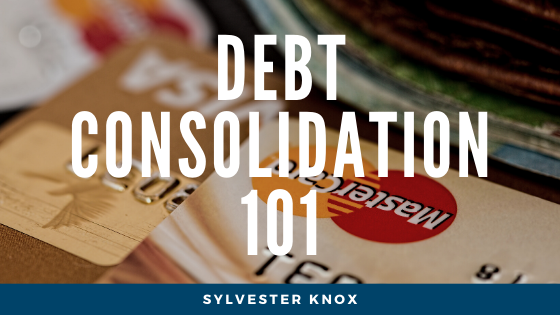No one plans on having outstanding debt. Unfortunately, even with the best intentions, bad things can happen to good people, leaving them with high credit card debt, student loans and even high-interest personal loans.
Knowing how to get debt under control is the first step towards living debt-free. Debt consolidation can lighten the load and make it easier and faster to pay off debt. However, it’s important to know how debt consolidation works before making a final decision.
What is Debt Consolidation?
Debt consolidation involves combining types of unsecured debt into one monthly payment. Usually, debt consolidation is done through a debt consolidation loan.
Lenders pay off the debt with the loan and the loan is then paid off in monthly installments. Some people use home equity to secure a debt consolidation loan. Banks also offer loans for debt consolidation.
There are also interest-free credit cards that can be used for debt consolidation. Once approved, all outstanding debt is transferred onto the card and the recipient then pays the monthly payment just like a regular credit card.
Things to Consider
While debt consolidation loans and credit cards are viable options for many people, there are both pros and cons to think about. Individuals who have positive cash flow usually benefit the most from debt consolidation. In addition, homeowners whose total debt doesn’t outweigh their income are also considered good candidates.
However, there are situations when debt consolidation isn’t the right choice. For example, if someone has outstanding debt but doesn’t think it’s possible to pay in full even with reduced payments, consolidation may not be the answer. Furthermore, if the total amount of debt is low, trying to consolidate doesn’t make sense. It’s better to try to pay it off alone using a tier system. Tackle the smallest debt first, pay it off and then move on to the next one. It will also reflect positively on credit reports as paid in full.
If the outstanding debt is more than half of total income, debt relief services may be a viable option. The best way to avoid drowning in debt is to pace the use of credit cards and taking out loans that are impossible to pay off.

